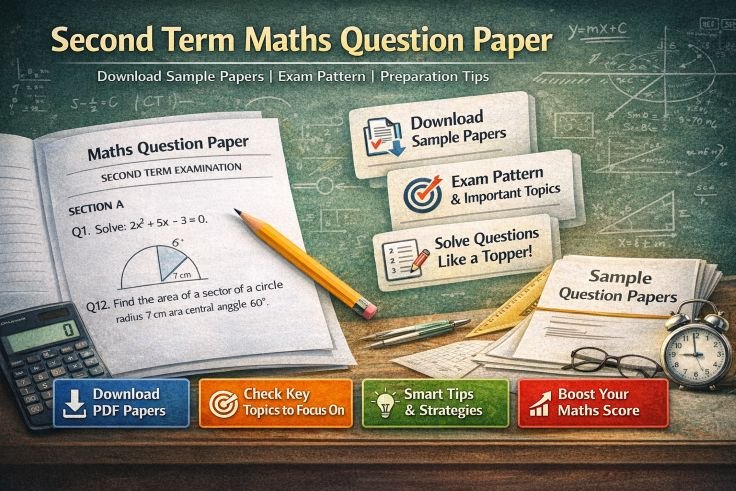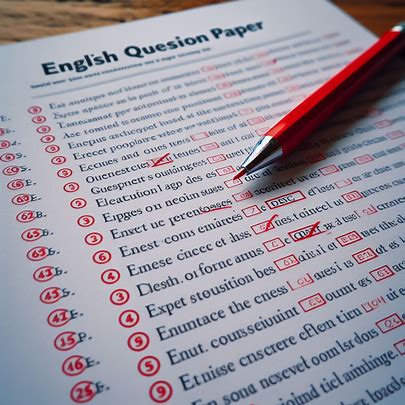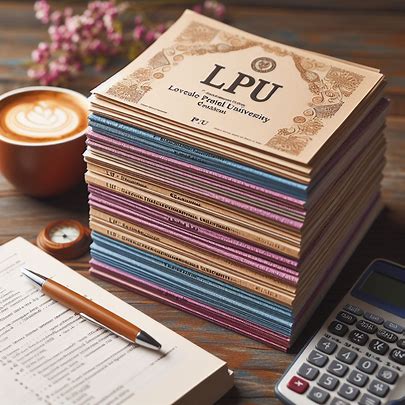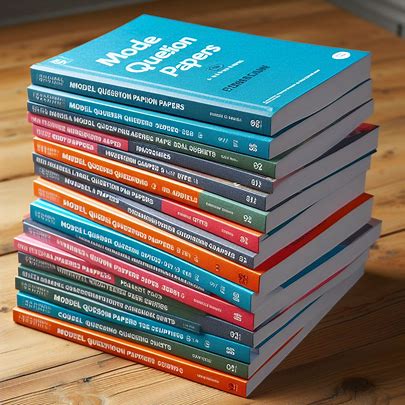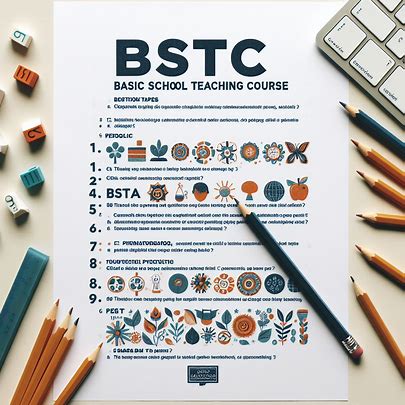Praveen Uttarardh Model Question Papers: FAQs and Exam Tips
Table of contents
Introduction
The Praveen Uttarardh examination conducted by the Dakshin Bharath Hindi Prachar Sabha (DBHPS) is an essential step for those aiming to enhance their proficiency in Hindi. Whether you’re a student, professional, or language enthusiast, this exam opens doors to various opportunities. In this blog, we’ll explore the model question papers, eligibility criteria, and frequently asked questions related to the Praveen Uttarardh exam.

Importance of Praveen Uttarardh Model Question Papers:
- Familiarity with Exam Pattern: Model question papers provide insight into the exam pattern, enabling students to understand the structure and distribution of marks.
- Practice Makes Perfect: Regular practice with model question papers enhances proficiency and confidence, thereby reducing exam-related anxiety.
- Self-Assessment: By attempting model question papers, students can assess their strengths and weaknesses, allowing them to focus on areas that require improvement.
- Time Management: Practicing with model question papers helps students develop effective time management strategies, crucial for completing the exam within the stipulated timeframe.
Key Highlights
- Exam Name: Praveen Uttarardh
- Conducting Body: Dakshin Bharath Hindi Prachar Sabha (DBHPS)
- Levels: Uttarardh (Advanced Level)
- Eligibility: Candidates who have cleared the Visharadh Poorvardh exam are eligible.
- Exam Pattern: Three papers (Paper I, Paper II, and Paper III)
- Languages: Available in Telugu, Kannada, Malayalam, Tamil, Marathi, and Easy Language
- Focus Keywords: Praveen Uttarardh model question papers, previous year question paper, 2019 question papers, 3rd paper
Praveen Uttarardh Model Question Papers
To prepare effectively for the Praveen Uttarardh exam, it’s crucial to practice with model question papers. Here are some resources where you can find these papers:
- DBHPS Official Website:
- Visit the official DBHPS website to access model question papers for Praveen Uttarardh.
- Look for the specific language you’re appearing for (Telugu, Kannada, Malayalam, Tamil, Marathi, or Easy Language).
- Solve these papers to get a feel for the exam pattern and improve your time management skills.
- YouTube Videos:
- Several educational channels on YouTube provide explanations of expected questions and exam tips.
- Search for “Praveen Uttarardh model question papers” on YouTube to find relevant videos.
- You can also find links to download question papers in the video descriptions.
- DBHPS Local Chapters:
- Reach out to local DBHPS chapters or study centers in your area.
- They often organize workshops, mock tests, and provide study materials, including model question papers.
Crucial Tips for Utilizing Praveen Uttarardh Model Question Papers:
- Start Early: Begin practicing with model question papers well in advance to allow sufficient time for revision and improvement.
- Analyze Solutions: After attempting a paper, thoroughly analyze the solutions to understand the reasoning behind each answer.
- Focus on Weak Areas: Identify areas of weakness through model question papers and allocate more time to strengthen these areas.
- Simulate Exam Conditions: Practice solving model question papers under timed conditions to simulate the real exam environment.
- Seek Guidance: In case of doubts or difficulties, seek guidance from teachers, mentors, or online forums to clarify concepts and enhance understanding.
Download Praveen Uttarardh Model Question Papers – Click here
Conclusion
Praveen Uttarardh model question papers serve as indispensable tools for students aiming to excel in the prestigious examination. By leveraging these papers effectively, students can enhance their preparation, build confidence, and ultimately achieve success in the Praveen Uttarardh examinations. So, seize the opportunity to master your subjects and embark on a journey towards academic excellence with Praveen Uttarardh model question papers.
Remember to stay consistent in your preparation, practice regularly, and seek guidance from experienced teachers. Best of luck for your Praveen Uttarardh exam!
Frequently Asked Questions (FAQs)
Q1: What is Praveen Uttarardh?
Praveen Uttarardh is an examination conducted by the Uttar Pradesh Sanskrit Sansthan to assess students’ proficiency in Sanskrit subjects.
Q2: How can Praveen Uttarardh model question papers benefit students?
Praveen Uttarardh model question papers help students familiarize themselves with the exam pattern, practice effectively, assess their progress, and improve time management skills.
Q3. What is the eligibility criteria for the Praveen Uttarardh exam?
To appear for the Praveen Uttarardh exam, candidates must have cleared the Visharadh Poorvardh exam conducted by DBHPS.
Q4. How many papers are there in the Praveen Uttarardh exam?
The Praveen Uttarardh exam consists of three papers: Paper I, Paper II, and Paper III.
Q5. Can I choose any language for the Praveen Uttarardh exam?
Yes, you can choose from Telugu, Kannada, Malayalam, Tamil, Marathi, or Easy Language for the Praveen Uttarardh exam.
Q6. Are there any specific tips for Paper III (3rd paper)?
Paper III covers advanced topics. Focus on grammar, vocabulary, and comprehension skills. Practice writing essays and letters in your chosen language.
Q7. Is there a specific syllabus for the Praveen Uttarardh exam?
The syllabus includes grammar, literature, essay writing, and comprehension. Refer to the official DBHPS syllabus for detailed topics.
Q8: Where can I find Praveen Uttarardh model question papers?
Praveen Uttarardh model question papers are available online on various educational websites and portals dedicated to Sanskrit studies.
Q9: Are Praveen Uttarardh model question papers relevant for current examinations?
Yes, Praveen Uttarardh model question papers, especially those from recent years, are highly relevant as they reflect the latest exam trends and patterns.

